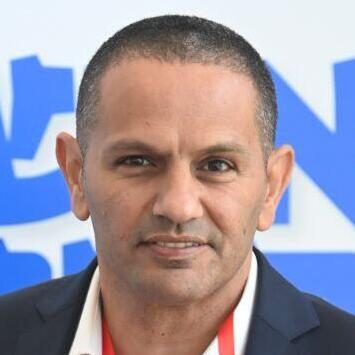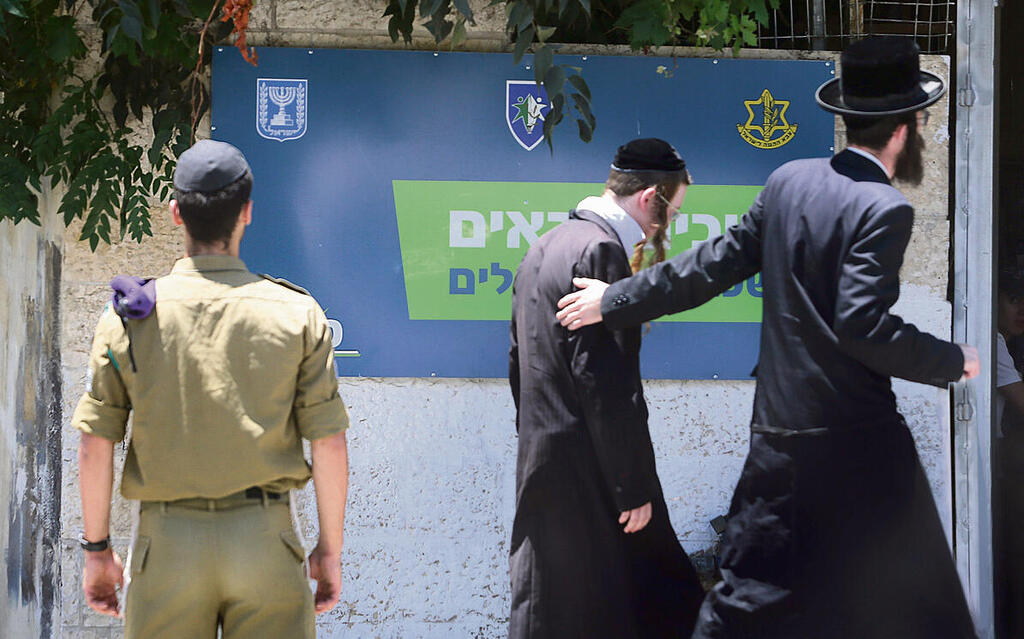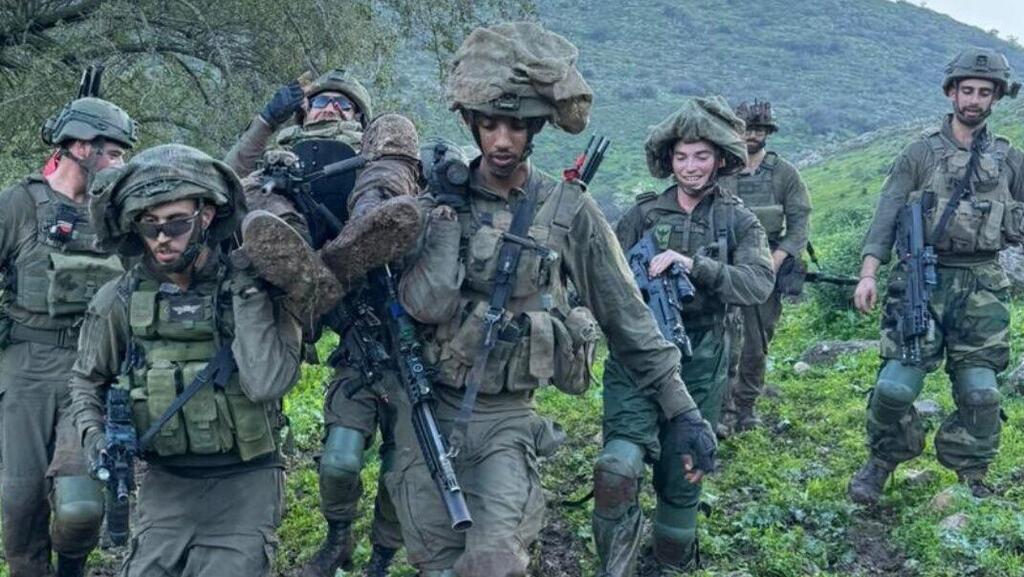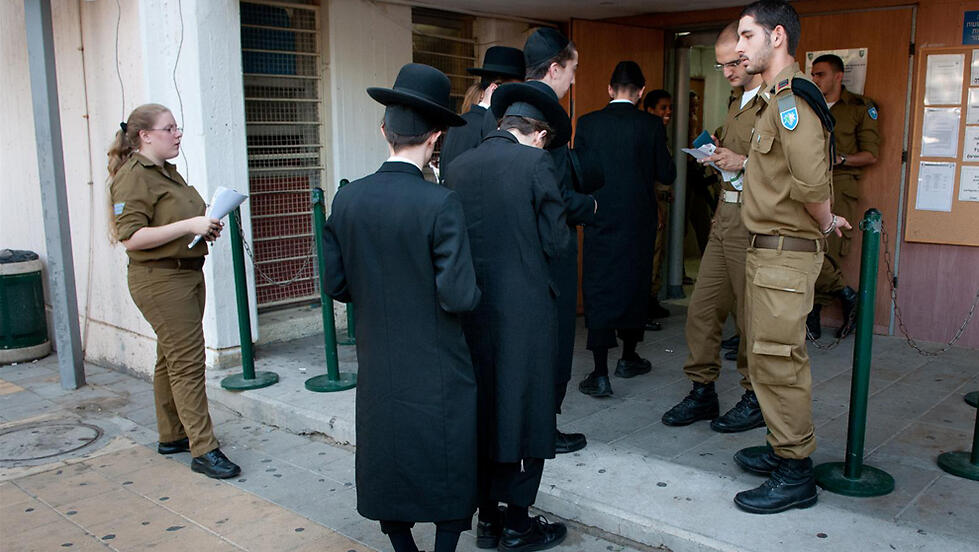Getting your Trinity Audio player ready...
The new draft of the legislation exempting Haredi men from military service as was first seen by Ynet on Sunday is shameful, and marks a historic moment in which the government announced a unilateral divide from Israeli society in all of its aspects including security, economy, society, and ethical standards all of which the IDF would have to deal with.
The new bill fails to address the IDF’s immediate needs, reportedly of 7,000 additional soldiers as soon as possible following the war in Gaza, and at least 7,500 more officers needed across the military.
Therefore, enlisting ultra-Orthodox men and women isn’t a matter of ethics for the IDF, but of necessity to continue to defend the country, amid concerns in the military that the rest of Israeli society would also back away from mandatory recruitment when an entire sector of the nation fails to contribute.
As tensions increase throughout Israel in the war, an annual recruitment number of 1,200 ultra-Orthodox out of a potential 12,000 is something the IDF can no longer ignore. According to the military's data, only 183 ultra-Orthodox soldiers were recruited across all combat units where adjustments were already made to allow them to serve in accordance with their sensibilities and Jewish law.
Ynet has learned on Monday that the IDF Manpower Directorate is preparing a special plan to recruit Haredi soldiers into more positions, beginning with the arrival at recruitment centers.
Efforts have already been made to minimize social gaps between Israelis from different sectors of society. To do so, a new process was established from the ground up to find the best qualities of each conscript and place him or her in a unit where they would be most beneficial.
In preparing new screening methods to be applied prior to enlistments the IDF began training more male soldiers, aware that most of those working in the screening process today are female soldiers which might cause some discomfort among ultra-Orthodox inductees.
However, in the strategic context, the military would require more significant adjustments in the strategic context if it wants to recruit more Haredi men — from the level of training to the integration of women into certain military units.
"This move," says a senior officer, "will also require concessions from the secular society." But in the IDF now, women are taking over more combat rolls and this raises the question of how the the force would reconcile these conflicting needs.
To solve the problem, the chief of staff was reportedly willing to establish a Haredi yeshiva in the Jordan Valley. Ynet also learned on Monday the IDF was willing to go even further and establish a Haredi training base adapted to the requirements of the ultra-Orthodox sector.
Currently, a pilot program is underway in an Air Force training base, where soldiers are exclusively trained by men. From the IDF's perspective, these changes aren’t taken for granted, and their purpose isn’t only for the sake of reaching the full potential of Haredi enlistment but also to refute claims that the military was barring its doors to the ultra-Orthodox community.
"We want to expand recruitment from all Israeli sectors," a senior officer said. "The military will also have to examine its method of exemptions from service due to physical and emotional health reasons, in the secular society. We must expand combat frameworks, without placing more burden on reservists. Therefore, we will change the selection and evaluation processes, improve our infrastructure, open special training bases, and make adjustments in existing facilities, but this also requires a willingness from the Haredi community to enlist."
The senior officer said that up until now the responsibility has been on the IDF. "Ultimately, the military is subject to the political reality, which hasn’t changed for the last 75 years. The truth is that we couldn't do much more. Now is the moment of truth, and the government would also have to decide where it stands. The IDF will be ready.”






